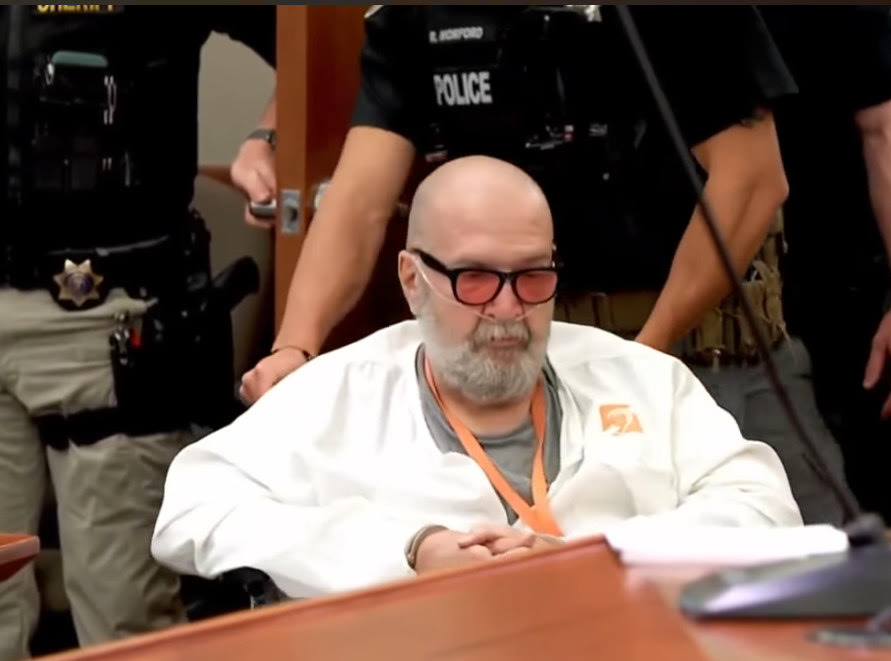On Wednesday, a Utah judge set the date for the execution of Ralph Leroy Menzies, a 67-year-old inmate suffering from dementia. The man was sentenced to death 37 years ago. His lawyers have filed an appeal, arguing that his health continues to deteriorate.
Menzies is scheduled to be executed on September 5 for kidnapping and killing Maurine Hunsaker in 1986. When given the choice of execution method decades ago, Menzies opted for firing squad. In September, he could become the sixth US prisoner to be executed by firing squad since 1977.
Hunsaker, 26, was abducted by Menzies at a convenience store on the outskirts of Kearns, Salt Lake City. She was later found strangled a few miles away at a picnic area in Big Cottonwood Canyon. Menzies had her wallet and several other personal items with him when he was incarcerated for unrelated crimes. He was convicted of first-degree murder and other charges in 1988.
Judge Matthew Bates signed the death warrant a month after determining that the 67-year-old “consistently and rationally” understands why he is facing execution, despite his recent cognitive decline. Menzies’ lawyers asked the court to reconsider the decision, but Bates said Wednesday that the pending appeal was not sufficient reason to prevent him from setting a date.
However, the judge has set a hearing for July 23 to consider the lawyers’ request. Menzies’ lawyers claim that his dementia has become so severe that he is confined to a wheelchair. The man is also dependent on oxygen and unable to understand his legal case.
“We remain hopeful that the courts or the clemency board will recognize the profound inhumanity of executing a man who is experiencing steep cognitive decline and significant memory loss,” said Lindsey Layer, an attorney for Menzies. “Taking the life of someone with a terminal illness who is no longer a threat to anyone and whose mind and identity have been overtaken by dementia serves neither justice nor human decency.”
The US Supreme Court has sometimes spared prisoners with dementia from execution, including an Alabama man who killed a police officer in 2019. If a defendant cannot understand why he is being put to death, the High Court said at the time, then execution does not represent the retribution that society seeks.
The last execution by firing squad in Utah was in 2010. South Carolina has used this method on two men this year. In the US, only three other states, Idaho, Mississippi, and Oklahoma, allow executions by firing squad.









